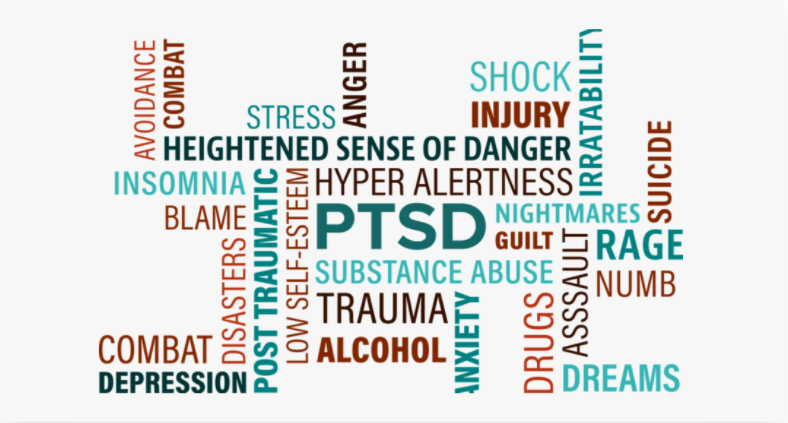How Your Financial Adviser Can Help You to Avoid Funding Modern Slavery
In part one of our series (Part One), we introduced modern slavery, explaining the scale of the problem. In this post, I’d like to go beyond the economics and describe the way slavery deeply scars its victims. Ethical investing makes more sense when we consider the harm individual fathers, mothers and children suffer to produce goods and services in an unethical way.
Medical journal, The Lancet looked into this issue. Researchers interviewed 1102 people who worked in various sectors including fishing, factories and the sex industry in Cambodia, Thailand and Vietnam.
How are modern slaves treated?
Before we get to the harm suffered, let’s have a look at what modern slaves have to endure, based on the Lancet study.
Of the 1102 participants, the following was found:
- 48% experienced physical violence, sexual violence or both.
- 35% of women and girls experienced sexual violence.
- 47% were threatened.
- 20% had been locked in a room.
- 70% worked 7 days a week
- 30% worked at least 11 hours a day
What impact does this have?
Not surprisingly, people are significantly harmed by this treatment.
In the study, 61% of people reported symptoms of depression, 42% reported symptoms of anxiety and 38% reported symptoms of post-traumatic stress disorder. 5% had attempted suicide in the last month.
There are also industry-specific types of harm. For example, workers in the seafood industry often suffer dehydration from long stints at sea and deep cuts from knives. Agricultural workers are often exposed to hazardous substances including pathogens and dangerous chemicals.
Study co-author, Ligia Kiss from The London School of Hygiene and Tropical Medicine told NPR that people ensnared in modern slavery end up traumatised and that they “show a range of physical and mental health symptoms that need to be addressed before they are re-integrated into their communities.”
The below chart outlines some of the key symptoms PTSD sufferers experience – issues that all need to be worked through so they can heal and become fully functional again.

Learning modern slaves’ stories
While the statistics are harrowing, slavery’s harm is made more stark when you read the stories of its victims. Website, freetheslaves.net has gathered stories from former slaves, including that of fisheries worker, Mabel.
After her mother died, Mabel moved in with relatives and was forced to work as a child slave on Lake Volta in Ghana. Her life involved dangerous night-time fishing expeditions and being forced to cook and clean for the rest of the crew. The experience robbed her of her child schooling years, although she was fortunate enough to eventually escape and share her story. Many, are not so fortunate.
What can we do?
In short, cut the funds and hold companies accountable.
The most post powerful step we can take is to cut the funding to companies that include slavery in their supply chain. Work with a financial adviser who directs your funds to ethical companies that avoid exploitative labour practices. The resources are there for your financial adviser – they just need to have the desire to use them and ensure you don’t support businesses that rely on workers like Mabel.
Secondly, we need to ensure that our regulators and politicians do their job in policing and prosecuting companies that engage in modern slavery. There is no moral defence for the practice, and ultimately it doesn’t make financial sense for investors either.
Consumers don’t want to support slavery
The Responsible Investment Association Australasia (RIAA) discovered that “funds that are implementing core responsible investment strategies are outperforming equivalent Australian and international share funds and multi-sector growth funds over most time horizons”. This is not surprising given that consumers are becoming more socially conscious (https://www.abc.net.au/news/2018-04-06/more-businesses-being-socially-responsible-to-attract-consumers/9622668) and shunning brands that cause increasingly well publicised harm to their workers or the environment.
Let us help you invest ethically
We’re committed to helping all of our clients to enjoy comfortable, independent retirements built on fair, ethical investing. We use all of the resources available to financial advisers to assess financial products and businesses on key issues such as modern-day slavery and environmental impact. If your financial adviser only pays lip service to ethical or sustainable investing, it’s likely they won’t present to you the same quality of options that we will. Operating since 2007, we have the experience and specialist training in this field to help you make good investment choices.
So while governments, regulators and the police work to clamp down on modern-day slavery, what will ultimately put an end to it, is a collapse in demand for the goods and service it produces. As consumers and investors, let’s work together to make that happen.
As a specialist in ethical and responsible investing, you can feel confident that I’ll be able to discuss human rights issues such as modern slavery. You can be comfortable knowing that I will help you find investments that have human rights at the forefront.
Want to know more?
Speak to me about how responsible funds may work in conjunction with your overall financial plan.
IMPORTANT; This information is general in nature only it does not take into account your individual circumstances. We recommend that you seek professional advice before making any investment decision.
Please call 08 8363 8810 or email pgarner@novowealth.com.au to discuss.
All the best
Paul Garner CFP®
Certified Responsible Investment Financial Adviser


